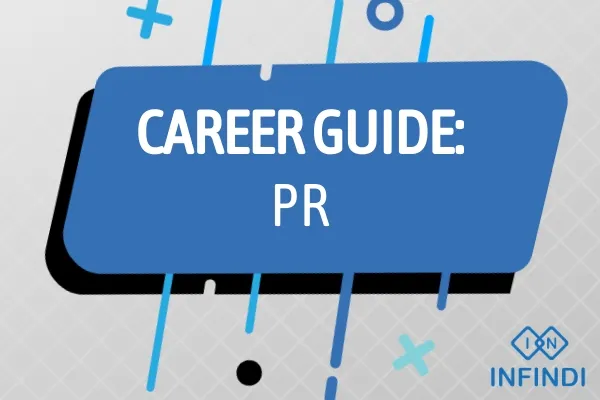For those with a talent for communication, strategic thinking, and relationship-building, careers in public relations (PR) offer a dynamic and influential path. Whether you’re an experienced PR professional or someone exploring entry-level opportunities, understanding the intricacies of jobs in PR is essential. This article aims to provide a comprehensive guide to PR careers, addressing duties, salary expectations, job descriptions, skills, qualifications, education and training requirements, experience prerequisites, frequently asked questions, and daily tasks.
1. Duties and Responsibilities
PR professionals play a crucial role in managing an organization’s public image, communicating with stakeholders, and fostering positive relationships. Common duties and responsibilities include:
- Media Relations: Building relationships with journalists and securing positive media coverage.
- Strategic Communication: Developing and executing communication strategies.
- Crisis Management: Addressing and mitigating potential reputation issues.
- Event Planning: Organizing and promoting events to enhance visibility.
- Stakeholder Engagement: Communicating with various stakeholders, including clients, customers, and the public.
2. Salary Expectations
The salary for jobs in PR varies based on factors such as experience, specialization, and the industry. Entry-level positions may start at around $45,000 annually, while experienced PR professionals in managerial or specialized roles can earn well over $80,000. Industries like public relations agencies, corporate PR departments, and nonprofit organizations tend to offer competitive salaries.
3. Possible Job Descriptions
PR roles encompass various positions, each contributing to different aspects of reputation management and communication:
- PR Specialist: Implementing and managing PR campaigns.
- Media Relations Manager: Overseeing interactions with the media.
- Corporate Communications Director: Leading overall communication strategy.
- Event Coordinator: Planning and executing PR-related events.
- Crisis Communications Specialist: Managing communication during challenging situations.
4. Skills and Qualifications
Successful PR professionals possess a combination of communication skills, strategic thinking, and the ability to navigate complex situations. Key skills include:
- Communication: Conveying messages effectively through various channels.
- Relationship-Building: Establishing and maintaining positive relationships.
- Strategic Planning: Developing plans to achieve PR objectives.
- Crisis Management: Handling challenging situations with calmness and efficiency.
- Creativity: Developing innovative campaigns to capture attention.
5. Education and Training Requirements
Formal education is often beneficial for PR jobs, typically requiring at least a bachelor’s degree in public relations, communications, or a related field. Additional certifications in areas such as crisis communication or strategic PR planning can enhance career prospects.
6. Experience Requirements
Entry into PR jobs often involves gaining practical experience through internships, entry-level positions, or roles as PR assistants. Advancement to managerial or specialized PR roles may require several years of relevant experience.
7. Frequently Asked Questions
Q: How does technology impact PR jobs?
A: Technology has transformed PR with innovations such as social media, online platforms, and data analytics, providing new avenues for communication and audience engagement.
Q: Can PR professionals specialize in specific industries?
A: Yes, PR professionals often specialize in industries such as technology, healthcare, or entertainment, tailoring their strategies to the unique characteristics of the industry.
Q: What role does storytelling play in PR careers?
A: Storytelling is central in PR to create compelling narratives that resonate with the target audience and enhance the organization’s image.
8. Daily Tasks and To-Do Lists
The daily tasks of a PR professional can vary based on their specific role and industry focus, but a typical to-do list may include:
- Drafting press releases and other communication materials.
- Building relationships with journalists and media outlets.
- Monitoring media coverage and sentiment.
- Planning and executing PR events or campaigns.
- Responding to inquiries and managing crisis communication when necessary.
In conclusion, a career in PR offers a dynamic and influential journey for individuals dedicated to shaping public perception and building positive relationships. Whether you’re entering the PR field or aiming for advancement, understanding the duties, qualifications, and daily tasks associated with PR jobs will set you on the path to success. Explore opportunities, craft impactful campaigns, and embark on a fulfilling career in the ever-evolving realm of public relations.

